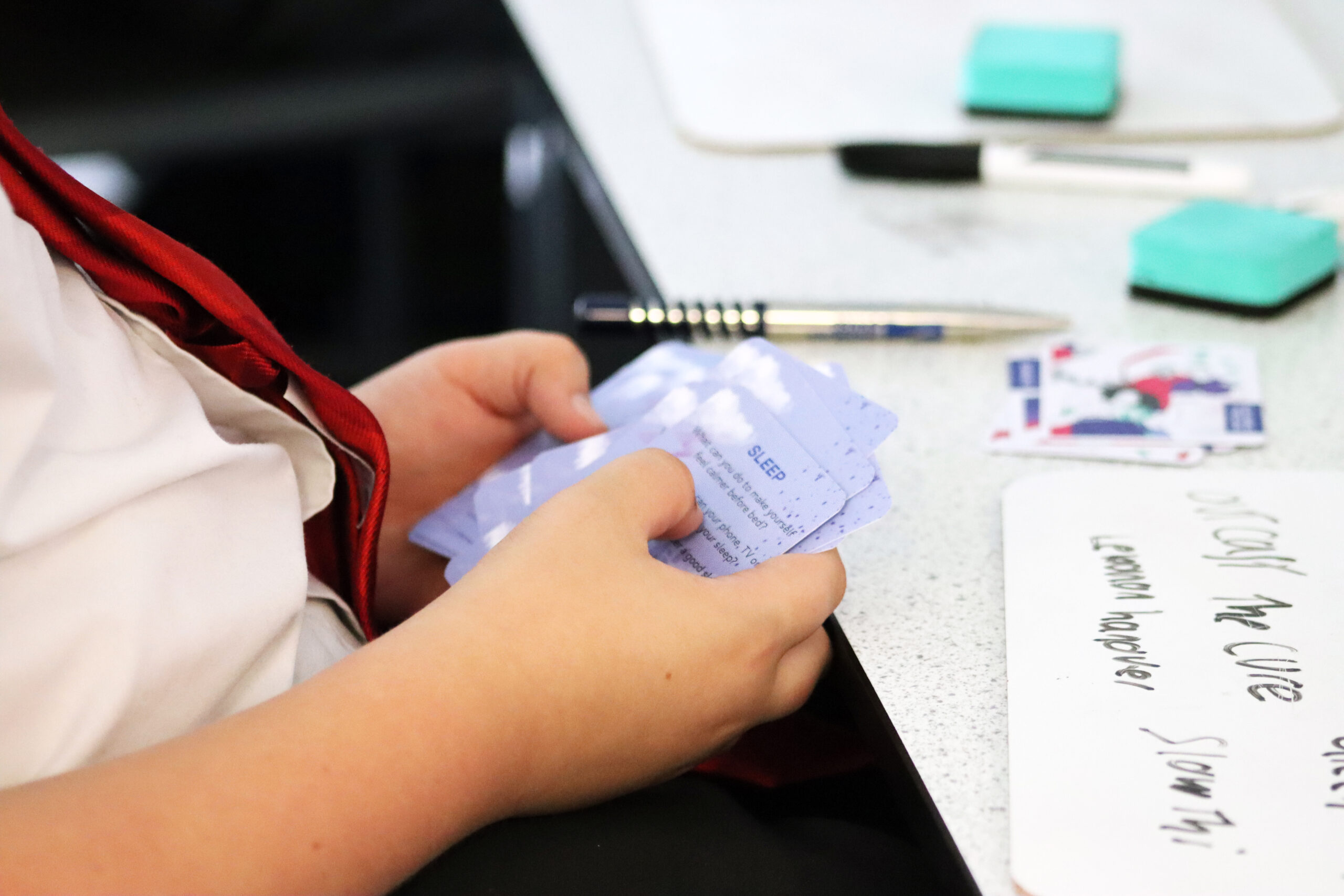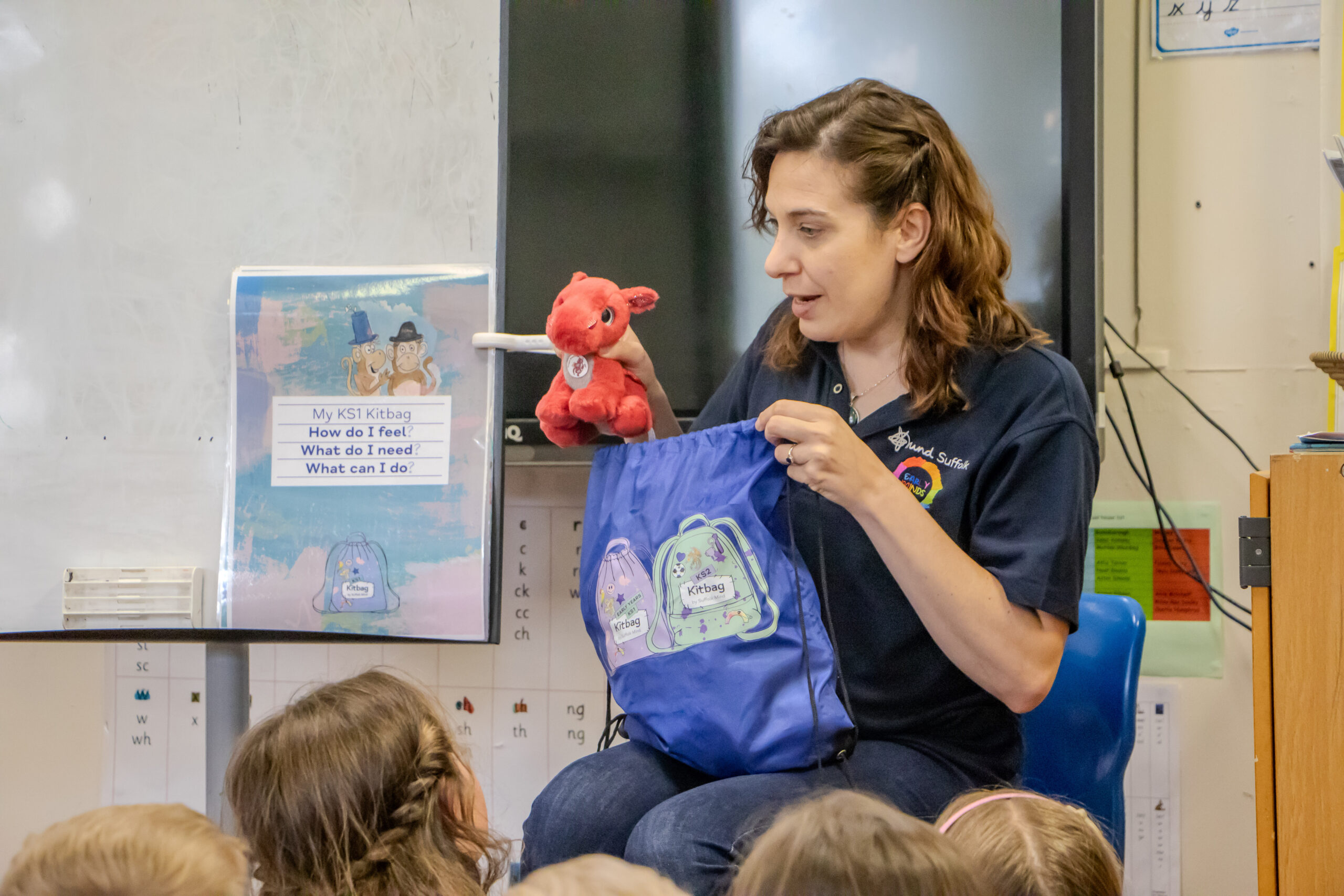Wellbeing advice for teachers going back to school after the summer holidays
The stereotype might be that schoolchildren dread going back to school after the summer holidays – but sometimes their teachers can also feel the pressure.
After six weeks away from the classroom and pressures of the new term imminent, it is no surprise that many teachers feel a degree of anxiety for their September return.
The summer holidays give teachers and pupils alike a chance to recharge their batteries, although the return to full-time work, planning, marking and deadlines can feel overwhelming. While it is normal to feel a level of apprehension upon beginning again with new pupils, staff, schedules and expectations, there are things that you can do to help yourself to feel more calm.
Steps you can take to get ready for work again
There are lots of practical ways you can get yourself ready to return to work.
Taking a couple of hours out each day to plan your lessons is a common place to start of course, but you can go beyond this to really help get yourself prepared. This includes creating your own marking timetable, based on your own schedule, to set out the time you need to mark future pieces of work and prevent the fear of feeling overwhelmed by marking again.
Setting yourself some goals can also be a good way of improving and maintaining motivation. This could be anything from how many pieces of work you mark in a week or the number of lessons you could plan in advance.
You can also reconnect with your colleagues ahead of time by going out for a coffee, or to speak with them about any anxiety you might be feeling. Sharing the workload can help to lessen the amount of things on your to-do list, and many teachers find sharing planning helps them to feel like it is a lighter task.
Remember that everyone has different levels of feeling ready. Some teachers like to prepare their rooms, cupboards, resources or have a highly organised planner, others find greater calm in focusing their attention on helping themselves to feel prepared in other ways, perhaps spending time with family now so that when the school term returns and their focus is on school, they feel they have spent quality time elsewhere.
There is no right way to prepare, so do what is best for you and your family.
Consider your emotional needs
As well as those steps, you can also consider the ways you are meeting your 12 emotional and physical needs.
Going back to school might feel daunting, but in reality returning to your normal routine can have great effects on your mental health.
That includes meeting your needs for Control and Achievement through feeling like your structured routine has returned. Likewise, completing your lesson plans and delivering classes give you that taste of accomplishment you might have been lacking over the summer.
Seeing your students and colleagues again can also help you meet your needs for Community, Emotional Connection and Attention.
Overall, a key need many teachers will feel a difference in is Meaning & Purpose. Having that routine and the feeling that there is a job to do can help relieve those feelings of rust out, loneliness or even boredom you may have felt if you’ve had a quiet summer break.
It is perfectly natural to still have feelings of apprehension or anxiety, however. If you are feeling stressed or are struggling to adjust with the return to work, there are steps you can take.
This includes meeting your need for Privacy. It’s important the free time you do have is spent doing the things that you like to do, whether that’s watching a movie or engaging in your favourite hobby – perhaps exercise to combine with your need for Movement. Make sure to take the time to focus on something other than work.
Likewise, a healthy diet can aid a healthy mind. You might also notice that you are more inclined to pack your lunch, which can give you the opportunity to plan your food in a way that supports your wellbeing.
This can often slip over the summer holidays with chip shops and ice cream vans!
Be mindful about caffeine and alcohol consumption as the pressures of the term begin. We often hear in the staffroom ‘I need a glass of wine after this!’ but being aware of how alcohol can affect the quality of our sleep, and in turn our ability to feel calm, balanced and resilient when dealing with challenges can be a useful insight.
On that topic – Sleep is a vital need for all of us to meet, especially for teachers who need to be early risers.
Try your best to cut out the distractions before bed and get into a night-time routine which sees you get into bed feeling calm and having time for yourself to feel you are doing something you enjoy, off screen.
When we are tired, it can be easy to fall into a pattern of working late on a laptop after a busy day at school, to then fall into a Netflix binge before catching up on social media as we fall asleep. Teachers who have made changes to this routine have found that their sleep quality improved, and they felt more ready to cope with challenges.
You could even ease yourself into the routine by slowly adjusting your sleep schedule before the big day.
Some people find waking up early a few days before the start of term and doing something nice for themselves, such as an early-morning walk or sitting with a book and a cup of tea before the rest of the house wakes up helps to ease the looming feeling of the early mornings! If you also have children who are returning to school, you could encourage them to join you to also help them ease into the term smoothly.
Practical tips
If you find yourself feeling anxious, there are a few practical things that you can do, and can also be helpful tips to tell your students if they too are feeling anxious as the term begins.
- Breathing – breathe out for longer than you breathe in. To make this even more effective, add a stretch and relax on the out breath. This allows your brain to focus on the breathing which can help you to feel calm, as we naturally breathe out for longer when feeling calm
- Any movement, even a lap of the school to a colleague’s classroom for a chat can help us to feel better. A change of scenery and distraction can help to lessen the feeling and give us endorphins through movement, which come with feeling good
- Talk to someone. There will be others who feel the same way, and knowing you are not alone can help you to share workloads, feel connected to others and raise your motivation as you will feel that you are part of something bigger. If you need someone external to talk to, contact your school’s wellbeing programme or give us a call on 0300 111 6000
- Notice what is in your control. We often find ourselves worrying about things outside of our control, but focusing on what we can control can help us to feel calm. To find out more about how to do this, have a look at our course below
Need help?
Our Emotional Wellbeing in the Classroom training is designed for school staff. The course teaches education professionals ways to not just look after the mental wellbeing of their pupils, but also themselves and their colleagues.













